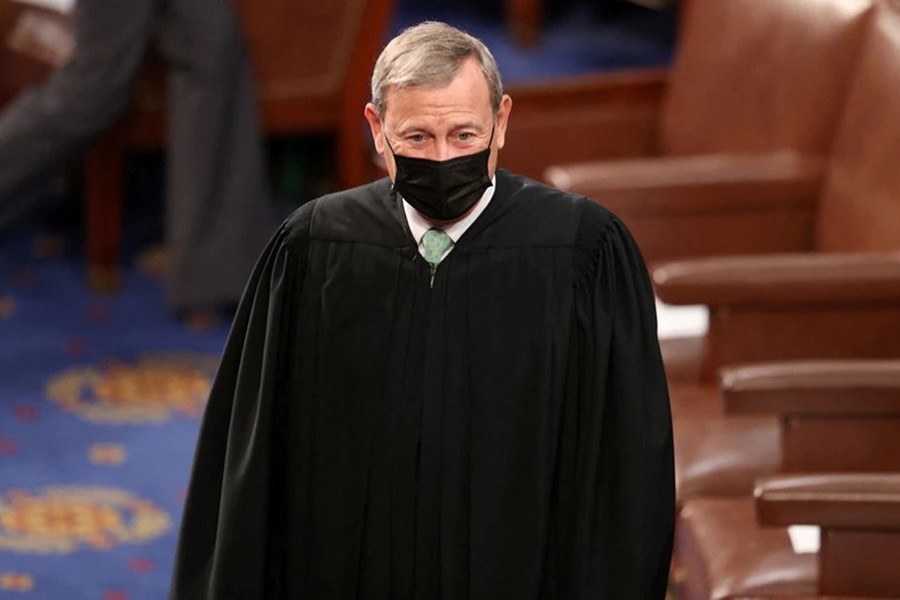Judges need 'rigorous' training on stock-trading rules, says US Chief Justice

Published :
Updated :

US federal judges need "more rigorous" ethics training to ensure they are not hearing disputes in which they have a financial interest, US Chief Justice John Roberts said in a year-end report published on Friday, citing a recent Wall Street Journal investigation.
The newspaper reported in September that 131 federal judges broke disqualification rules and the judicial ethics code by presiding over cases involving companies in which they or family members owned stock.
In his annual report on the federal judiciary, Roberts said most judges scrupulously follow the rules, and the violations identified by the Wall Street Journal were mostly "isolated" and "unintentional" oversights caused by conflict-checking procedures failing to reveal a financial conflict.
"But for those judges who had multiple violations, or professed ignorance of the ethics rule, there is a more serious problem of inadequate ethics training," Roberts said in the report.
Roberts said the federal judiciary's policymaking body has already begun to enhance ethics training courses for judges to ensure they are aware of their obligations, reports Reuters.
"Collectively, our ethics training programs need to be more rigorous," Roberts said. "That means more classtime, webinars, and consultations. But it also requires greater attention to promoting a culture of compliance, even when busy dockets keep judicial calendars full."
The House of Representatives on December 1 voted 422-4 in favour of a bipartisan bill imposing more stringent public financial reporting requirements on federal district and appellate court judges. The Senate has not yet acted on a companion bill.
The Courthouse Ethics and Transparency Act, spurred by the Wall Street Journal's investigation, would set a 45-day window for judges to report stock trades of more than $1,000 and also require the judiciary to post disclosure forms online.


 For all latest news, follow The Financial Express Google News channel.
For all latest news, follow The Financial Express Google News channel.